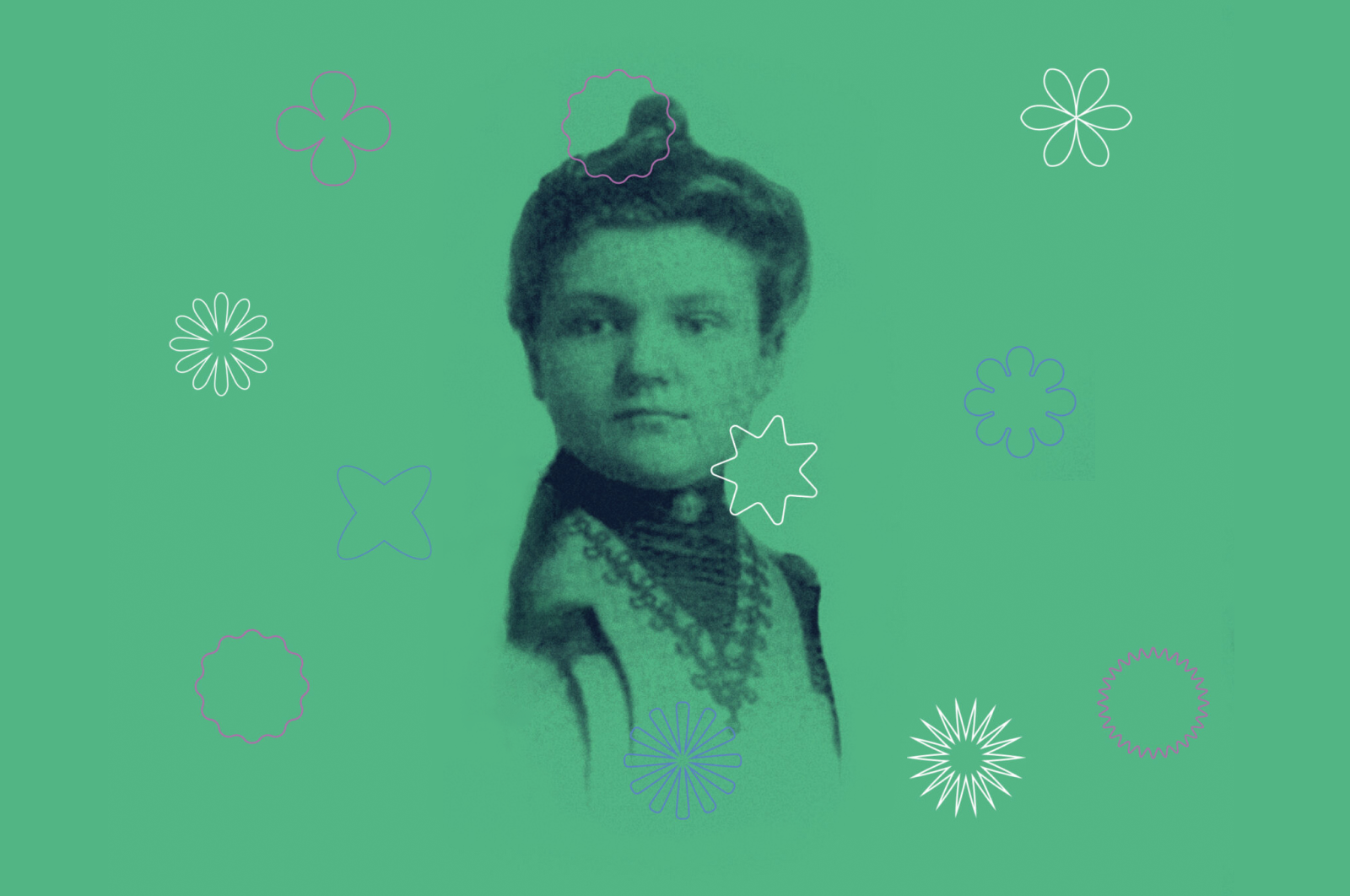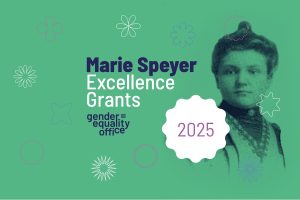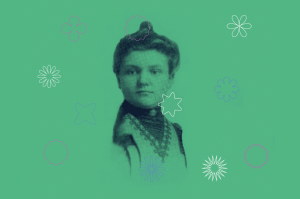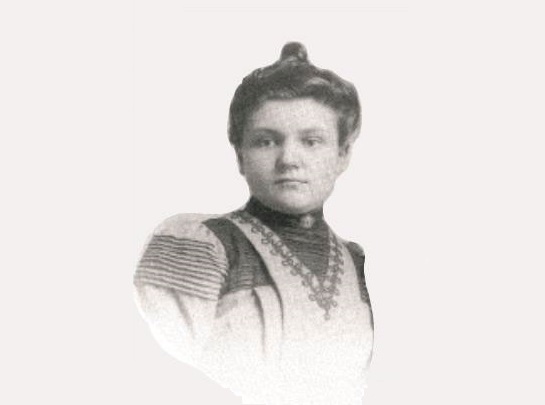Supporting and empowering outstanding women in academia

The Marie Speyer grants aim to enhance existing research endeavours or facilitate the inception of innovative research concepts. In the year 2025, up to four scholars will receive an allocation of 130,000 Euro each (total budget).
The Marie Speyer Grants are open to female postdocs and research scientists, assistants, and associate professors.
The University of Luxembourg (UL) establishes the Marie Speyer Excellence Grants in 2024. The grants aim to support and empower outstanding female postdocs, research scientists, assistant and associate professors who wish to further develop their research at the University. Driven by excellence, the Excellence Grants are open to all disciplines and sectors. The funding scheme aims to make the University of Luxembourg an attractive workplace for women in academia.
Gender equality and diversity are integral to our institution’s success. While internationality is a major strength and key feature of attractiveness, the University recognizes that gender diversity among professorial positions remains to be improved. According to the 2021 SHE Figures issued by the European Commission around one in four researchers in Luxembourg are female. In addition, over the last 10 years, the percentage of female professors has remained unchanged and close to 25%. This places the Grand Duchy below the EU average (one in three). This program is a key symbol of the University’s commitment to gender equality. The Marie Speyer Grants are part of the Gender Equality Policy actions at the University of Luxembourg.
Numerous studies have shown that gender stereotypes affect decisions in recruitment and promotion. In addition, research has found that women are generally less assertive in negotiations, and they agree to lower funding or negotiating packages widening the gender gaps. At the global level, it is harder for female professors to reach the highest academic ranks than it is for their male colleagues, despite being just as productive. The effects of gender biases are accentuated when women hold positions that are not at the top of hierarchy of professorial positions. Finally, the gender audit ran at the University of Luxembourg in 2020 showed that women scientists perceive large gender gaps in academia.
For the above reasons, the Marie Speyer Grants are open to female postdocs and research scientists, assistant, and associate professors.
- Applicants must be academics at the University of Luxembourg including:
- Postdoctoral fellows.
- Research Scientists.
- Assistant professors, and associate professors (full professors excluded).
- Applicants are women.
- Scholars from any discipline of the University are encouraged to apply.
The 2026 call is open from 1 December 2025 to 2 February 2026.
-
Overview
- Download the templates and fill in all sections of the application form and complete the budget file.
- Submit the proposal and budget for institutional validation (1 week before the deadline).
- Complete the general project information via the online submission platform (ePAS), submit it and ensure it is approved by the call deadline.
- Submit the final project proposal by sending it by email to mariespeyer.grants@uni.lu.
The final project proposal must include:- Application form
- Budget file
- Letter of motivation
- Support letter (only for postdoctoral fellows and research scientists)
Carefully read the guide for applicants for detailed instructions (found below in useful documents)


